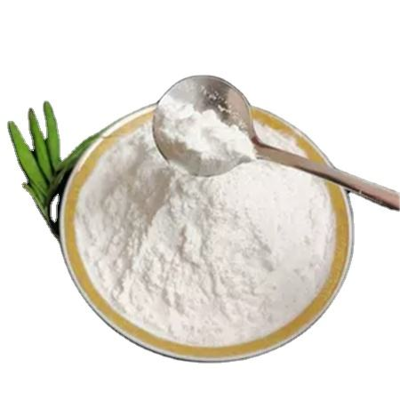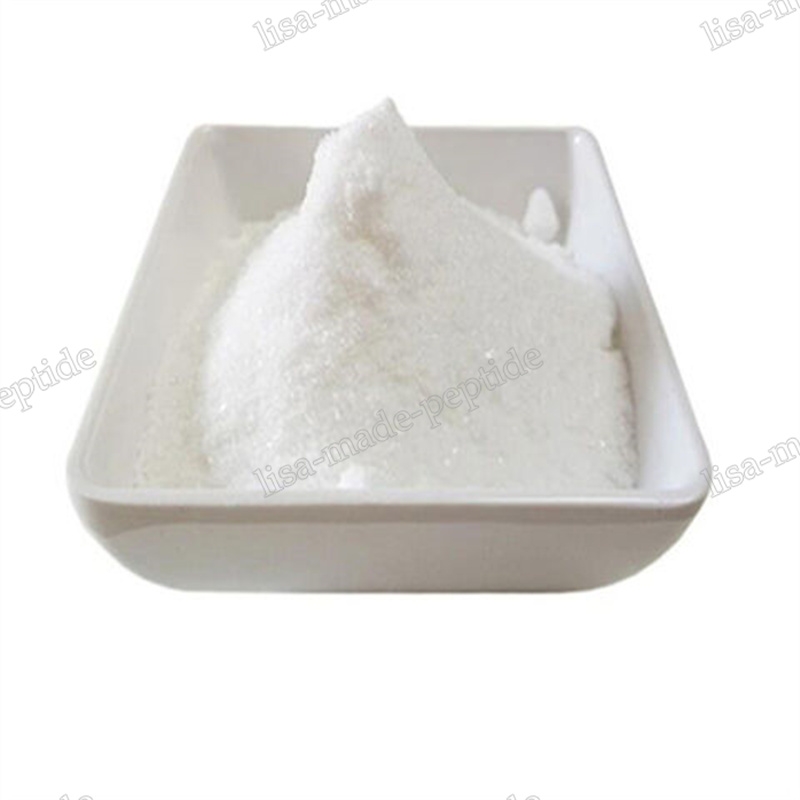-
Categories
-
Pharmaceutical Intermediates
-
Active Pharmaceutical Ingredients
-
Food Additives
- Industrial Coatings
- Agrochemicals
- Dyes and Pigments
- Surfactant
- Flavors and Fragrances
- Chemical Reagents
- Catalyst and Auxiliary
- Natural Products
- Inorganic Chemistry
-
Organic Chemistry
-
Biochemical Engineering
- Analytical Chemistry
-
Cosmetic Ingredient
- Water Treatment Chemical
-
Pharmaceutical Intermediates
Promotion
ECHEMI Mall
Wholesale
Weekly Price
Exhibition
News
-
Trade Service
[ Focus on Chemical Machinery Equipment Network ] Environmental protection is undoubtedly a hot topic discussed by the whole society in recent years, and waste reduction and resource utilization have become mainstream trends.
In this context, a special role-low-value recyclables, has become a stumbling block for the establishment of a sound recycling system for renewable resources.
Chemical machinery and equipment network hotspots pay attention to chemical machinery and equipmentIn this context, a special role-low-value recyclables, has become a stumbling block for the establishment of a sound recycling system for renewable resources.
What is low-value recyclables?
Low-value recyclables are less valuable by the name.
Mainly refers to the solid waste that has a certain recycling value in life and is easy to be mixed with other garbage during the garbage disposal process.
It is difficult to effectively recycle and process by relying solely on market regulation.
It requires large-scale recycling and centralized treatment to regain the value of recycling solid waste.
Generally, it has the characteristics of low income, high decomposition cost, and few enterprises engaged in the recycling of related items.
Mainly refers to the solid waste that has a certain recycling value in life and is easy to be mixed with other garbage during the garbage disposal process.
It is difficult to effectively recycle and process by relying solely on market regulation.
It requires large-scale recycling and centralized treatment to regain the value of recycling solid waste.
Generally, it has the characteristics of low income, high decomposition cost, and few enterprises engaged in the recycling of related items.
So, which products are considered low-value recyclables?
The "Shanghai Municipal Recyclables Recycling Guidance Catalog (2019 Edition)" proposes to include paper, plastic, glass, fabrics and wood; the low-value recyclables in the "Guiding Catalog of Low-value-added Recyclables of Domestic Waste in Xiamen" Recyclables are divided into five categories, namely, waste glass, ceramics, waste plastics, waste paper, waste textiles and clothing, etc.
The "Fuzhou Municipal Domestic Waste Recyclables Recycling System Construction Implementation Plan" proposes waste glass, waste wood, Waste plastics, waste fabrics.
Generally speaking, the common types are mainly waste plastics, waste glass, waste textiles, etc.
, but there is no uniform standard.
The "Fuzhou Municipal Domestic Waste Recyclables Recycling System Construction Implementation Plan" proposes waste glass, waste wood, Waste plastics, waste fabrics.
Generally speaking, the common types are mainly waste plastics, waste glass, waste textiles, etc.
, but there is no uniform standard.
"It's worthless, no one wants it" is the label on this type of recyclables.
Take plastic foam as an example.
Although it is recyclable, it is generally treated as other garbage due to low income and large volume.
Even some online small programs that provide door-to-door recycling services for renewable resources have similar problems.
Some low-value recyclables such as plastic foam are not visible in some recycling lists.
Although some have a separate "low-value category" option, they do not indicate the name and basic price of any recycled materials; some are only piloted in a few streets No other areas are open.
Take plastic foam as an example.
Although it is recyclable, it is generally treated as other garbage due to low income and large volume.
Even some online small programs that provide door-to-door recycling services for renewable resources have similar problems.
Some low-value recyclables such as plastic foam are not visible in some recycling lists.
Although some have a separate "low-value category" option, they do not indicate the name and basic price of any recycled materials; some are only piloted in a few streets No other areas are open.
How to solve the problem of recycling low-value recyclables?
In order to solve the problem of recycling of low-value recyclables and realize the "collection of recyclables", many local governments have actually issued relevant policies to recycle them.
The "Notice of Guangdong Province on Promoting the Construction of Renewable Resources Recycling System and Promoting the Reduction of Domestic Waste to Reuse" clearly requires the government to strengthen the recycling of low-value recyclables.
The municipal finance, environmental sanitation, and commercial departments should increase their support for the recycling policy of low-value recyclables, and entrust third-party agencies or rely on the supply and marketing system to undertake the large-scale recycling processing and public welfare recycling of low-value recyclables, if conditions permit The prefectures and cities provide financial subsidies for the recycling of public welfare.
The municipal finance, environmental sanitation, and commercial departments should increase their support for the recycling policy of low-value recyclables, and entrust third-party agencies or rely on the supply and marketing system to undertake the large-scale recycling processing and public welfare recycling of low-value recyclables, if conditions permit The prefectures and cities provide financial subsidies for the recycling of public welfare.
Implementation of the "Fuzhou Municipal Domestic Waste Recyclables Recycling System Construction Implementation Plan", formulated and published the Fuzhou Municipal Domestic Waste Recyclables Guidance Catalog, subsidized the collection, transportation and disposal of such low-value domestic waste recyclables, and purchased services through the government Ways to adjust the market failure part, encourage renewable resource enterprises to participate in the recycling of low-value recyclables of domestic waste, and promote the recycling of low-value recyclables.
Fuyang District, Hangzhou City, Zhejiang Province, issued the "Implementation Opinions on Renewable Resources Recovery Subsidies in Fuyang District, Hangzhou in 2021 (Trial)" to provide subsidies for the operation and maintenance of renewable resource recycling stations (houses) and the recovery of low-value recyclables.
Each renewable resource recycling station (house) that meets the standardized requirements will subsidize 15,000 yuan per year, which is mainly used for personnel wages, water, electricity, site maintenance and other expenses.
In addition, low-value recyclables are subsidized at a standard of 300 yuan/ton.
Each renewable resource recycling station (house) that meets the standardized requirements will subsidize 15,000 yuan per year, which is mainly used for personnel wages, water, electricity, site maintenance and other expenses.
In addition, low-value recyclables are subsidized at a standard of 300 yuan/ton.
Original title: Low-value recyclables are not to be seen? The government's policy to help







